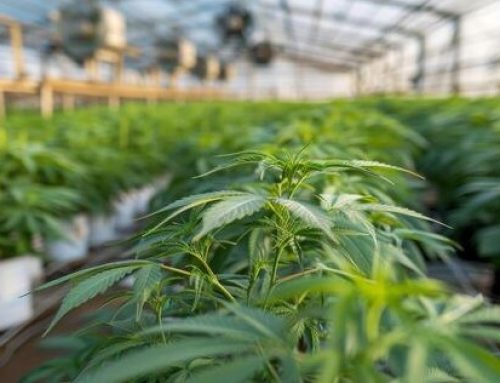Analysis: Hemp-Derived CBD Labels Frequently Contain Inaccurate Information.
RICHMOND, VIRGINIA- According to research reported in the Journal of Cannabis Research, the true percentage of cannabinoids present in commercially accessible CBD products is frequently misrepresented on their labels.
Eighty CBD-derived from hemp products that are already on the market were lab-tested by researchers from the University of Kentucky College of Medicine.
Products were purchased either online or through physical retail locations.
According to the authors’ findings, a sizable portion of the evaluated items (46%) contained CBD concentrations that were significantly different from the concentration stated on the label. This finding is consistent with hundreds of other investigations.
“These data show that further regulation is required to assure label accuracy to ensure that nearly half of the goods in this investigation were not properly labeled (i.e., not within a 10% margin of error,” the authors wrote in their report.
Due to the risks of taking too much CBD (e.g., drug-drug interactions, elevated liver enzymes, increased side effects), as well as the consequences of taking too little CBD (e.g., no clinical benefits due to under-dosing), consumers and practitioners should continue to be cautious of unregulated and frequently mislabeled CBD products.
“The findings revealed here underline the continuous necessity for clear and consistent regulation from federal and state agencies to ensure label accuracy of CBD products and subsequent enforcement,” the researchers wrote in their conclusion.
These findings also point to the necessity of continuing to develop testing and excellent manufacturing procedures.
The accuracy of content labeling is crucial for consumer safety because people are using CBD products for a wide range of ailments without seeking medical advice.
The United States Food and Drug Administration (FDA) has not yet published rules governing the marketing and sale of commercial goods containing CBD or other cannabinoids produced from hemp, more than three years after federal legislation legalizing hemp production was passed.
Tighter than eight out of ten US voters, according to survey data produced by the National Consumers League, want more government regulation over the labeling and promotion of commercially accessible CBD products.
The Journal of Cannabis Research has the complete article, “Label accuracy of unregulated cannabidiol (CBD) products: Measured concentration vs. label claim.”



































